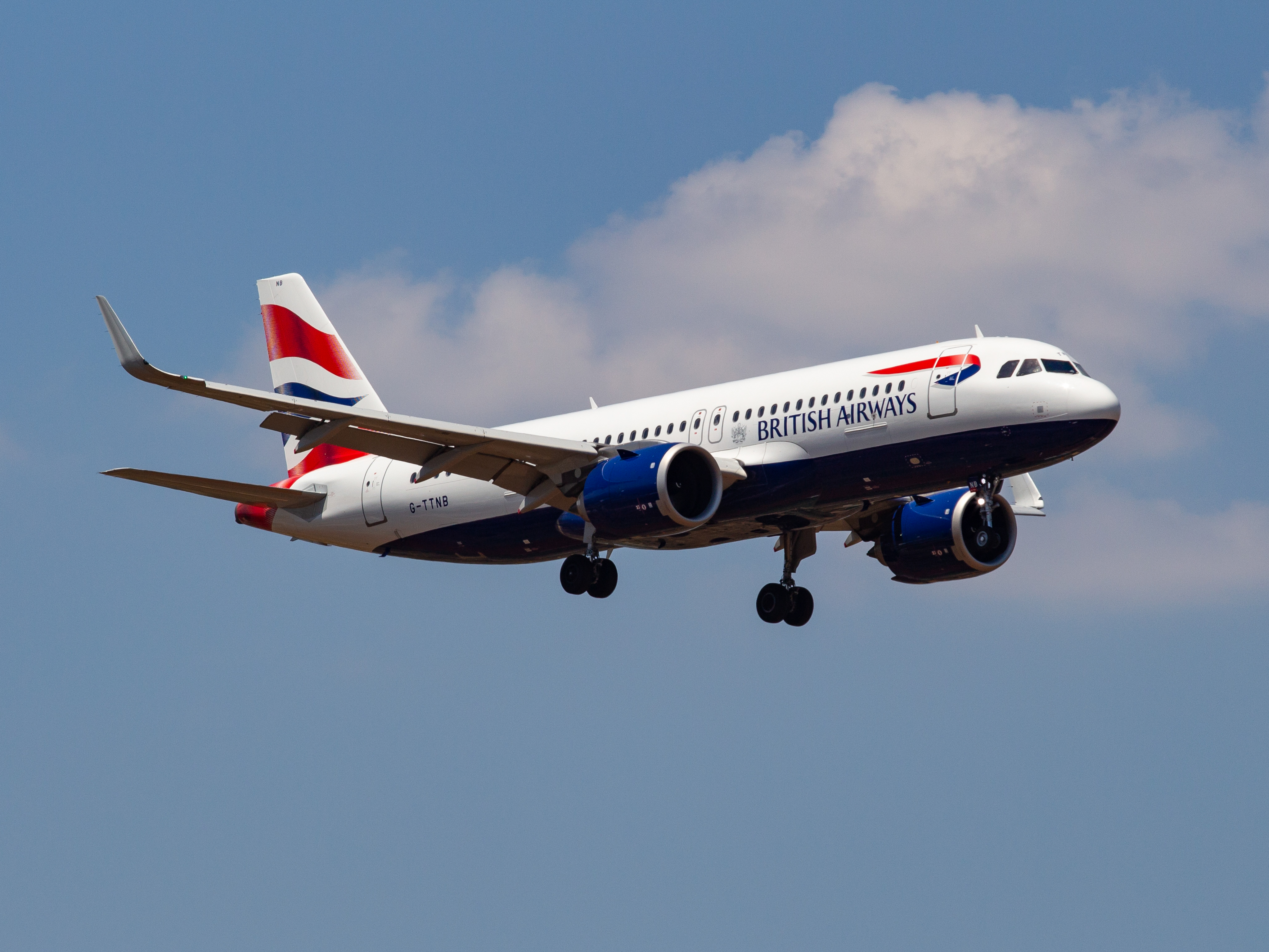- The European Commission is set to rule on suspending the slot system affecting airlines serving the continent’s busiest airports.
- The now-controversial system requires airlines to use their assigned slots or risk losing them, even as the spread of COVID-19 drives down demand for air travel.
- If the system is suspended, airlines won’t have to fly empty “ghost planes” and can limit unnecessary flying.
- Visit Business Insider’s homepage for more stories.
The European Commission is reviewing its slot rules for airlines operating into major airports following an outcry from the aviation industry as airlines are struggling to fill aircraft.
As COVID-19 continues to affect European countries, airlines are flying unnecessary “ghost flights” in order to maintain their slots. The governing body for the European Union may suspend the rules by the end of Tuesday with Commissioner for Transport Adina Vălean citing the urgency to pass the measure quickly in a statement.
“The temporary measure will allow airlines to adjust their capacity in view of the falling demand caused by the outbreak,” said Vălean.
Current rules require airlines with slots to use 80 percent of their allocations in order to maintain them. The mandate, is to promote competition in the industry by ensuring those airlines with the valuable slots are using them and those who don’t risk forfeiting them.
As COVID-19 continues its march across Continental Europe, airlines have been slashing how frequently they fly but a fear of losing slots at major airports has lead to empty aircraft traversing European skies as placeholders for when the industry bounces back to normalcy.
Airlines, government officials, and airport slot coordinators alike have been calling for the suspension of the slot rules to ease the burden on already struggling airlines.
Even before the COVID-19 crisis hit Europe, so-called ghost flights have been used by airlines as placeholders in valuable slots. One of the most notable examples of the practice was British Airways' empty flight between London and Cardiff, costing the UK carrier £2 million, according to the Telegraph, flown for the sole purpose of maintaining a slot at Heathrow Airport.
Slots at London's primary international gateway can sell for as high as $75 million as seen with KLM Royal Dutch Airline's sale of a single slot to Oman Air in 2016.
Even before the COVID-19 crisis hit Europe, so-called ghost flights have been used by airlines as placeholders in valuable slots.

One of the most notable examples of the practice was British Airways' empty flight between London and Cardiff, costing the UK carrier £2 million, according to the Telegraph, flown for the sole purpose of maintaining a slot at Heathrow Airport.
Slots at London's primary international gateway can sell for as high as $75 million as seen with KLM Royal Dutch Airline's sale of a single slot to Oman Air in 2016.

A recent sale by Air New Zealand of its slot at Heathrow yielded the flag carrier $27 million, though the purchaser has remained anonymous.
If slot restrictions are alleviated, airlines would save the unnecessary expenses incurred by operating a flight with no passengers, allowing them to focus on building reserves to ride out the industry downturn.

